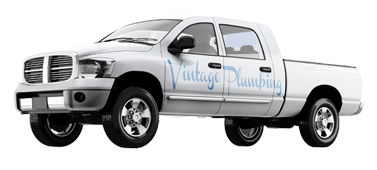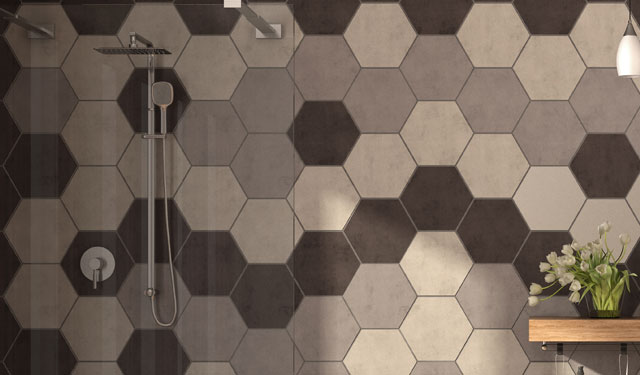Faq
Get a free estimate
Give us a call today

Frequently asked questions
Here are some of the most frequently asked questions we get. If you don’t see what your looking for here please give us a call and we will be happy to answer any questions you may have.
General questions
What are the typical causes of clogged drains?
The typical causes of clogged drains include buildup of hair, soap scum, and grease, as well as objects that get accidentally flushed down the drain, such as wipes, feminine hygiene products, and other items that are not suitable for disposal through the plumbing system. Tree roots can also cause clogs by penetrating and blocking the pipes. In some cases, the pipes themselves can become clogged due to corrosion, calcium deposits, or other factors.
How can I prevent leaks in my pipes?
To prevent leaks in your pipes, you should regularly inspect your plumbing for signs of wear and tear, such as rust, discoloration, or dripping. You should also avoid pouring grease or oil down the drain, as these substances can solidify and cause clogs that can lead to leaks. Additionally, you should make sure to properly maintain and repair any fixtures and appliances that use water, such as faucets and water heaters. If you notice any leaks or other plumbing issues, it’s important to have them repaired as soon as possible to prevent further damage.
How can I tell if I have a faulty water heater?
There are several signs that you may have a faulty water heater, including:
- No hot water, or not enough hot water
- Water that is discolored, smells bad, or has a metallic taste
- Leaks or drips from the water heater or its connections
- Strange noises coming from the water heater, such as popping or sizzling
- Water that is too hot or not hot enough
If you notice any of these signs, it’s important to have your water heater inspected by a professional to determine the cause of the problem and determine the best course of action. In some cases, the water heater may need to be repaired or replaced.
What are the signs that I need to replace my pipes?
The signs that you may need to replace your pipes include:
- Leaks or drips from the pipes
- Water pressure that is too low or too high
- Strange noises coming from the pipes, such as banging or whistling
- Water that is discolored, smells bad, or has a metallic taste
- Pipes that are visibly corroded, rusted, or damaged
If you notice any of these signs, it’s important to have your pipes inspected by a professional plumber to determine the cause of the problem and determine the best course of action. In some cases, the pipes may be able to be repaired, but in other cases, they may need to be replaced.
